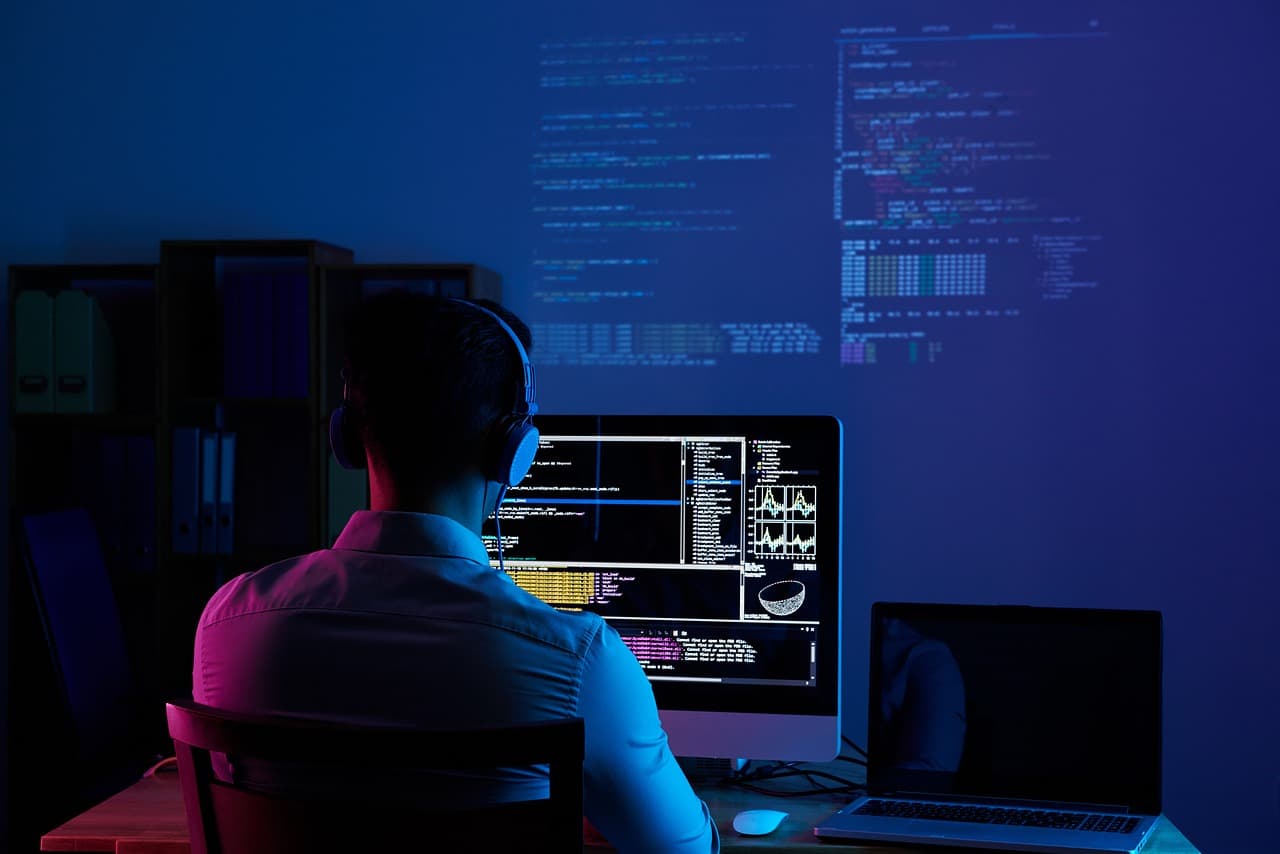The dark web unraveled: our cybersecurity expert answers four statements
In the Cracked by Jordens series, we look at the cyber security of consumers and businesses in the Netherlands. Today we cover the dark web.
Published on December 12, 2024

Our DATA+ expert, Elcke Vels, explores AI, cyber security, and Dutch innovation. Her "What if..." column imagines bold scenarios beyond the norm.
Weapons, drugs, child pornography: the dark web has a reputation - rightly so - as a dark place on the Internet. Such a sinister world raises questions. What hacker tools can be found there? And is the dark web also used for benign purposes? Today, expert Patrick Jordens addresses some theses. He is the director of Trusted Third Party (TT3P): a Dutch company specializing in cybersecurity.
Patrick Jordens
Patrick Jordens (b. 1969) is an entrepreneur with a heart for digital security. He is the director of Trusted Third Party and the founder of DMCC Group, which helps organizations comply with all external laws and regulations and internal policies in the fields of privacy and consumer law. He is also a guest lecturer in marketing, data privacy, and ethics at the Hogeschool van Rotterdam.
Thesis 1: The dark web is a hidden Internet space
“Yes, the dark web constitutes a shielded part of the Internet that cannot be found through regular search engines such as Google. You only get access through specific software, such as the Tor browser, which directs you to websites with a .onion extension. All kinds of forums and libraries can be found on the dark web. This is where horrible things are traded, such as child pornography and weapons. For this reason, I never enter the dark web.”
Thesis 2: The dark web is almost exclusively used for illegal activities
“The reputation of the dark web is not particularly good. But it is also used by well-intentioned users. For example, journalists and activists use it to circumvent censorship in countries like Iran or China, where free communication is dangerous. So the dark web is a mixed space: both a haven for human rights and a breeding ground for crime.”
Thesis 3: Many tools for cybercriminals are sold on the dark web
“That's true. For example, brute-force attack programs are offered, allowing criminals to access systems by endlessly trying different password combinations. These tools often start with simple passwords, such as QWERTY or Welcome2024, and then look for more complex combinations. While an ordinary user might try to log in once or twice a minute, a brute-force attack can involve hundreds of attempts per minute.
In addition, many ransomware as a service is also offered on the dark web. These are packages of encryption software made available to less technically savvy users. For a fee, hackers can use these tools to encrypt victims' data and demand a ransom.”
Thesis 4: The dark web is dangerous and should therefore be banned
“Banning the dark web is practically unfeasible. You also have to ask yourself whether it is wise to do so. It can be compared to an industrial site in a city where illegal business takes place. By removing such a site, the activities do not disappear; they simply move to another place. It is more effective to monitor the dark web so that criminals can be detected and activities regulated. Moreover, a ban would also curtail freedom of communication and expression for legitimate users.”
